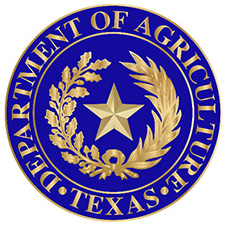Global corn trade tightens as Argentine, U.S. exports dip
Drought in Argentina and lackluster sales in the United States, two of the world’s major suppliers, will reduce global corn exports to their lowest volume in three years, said USDA analysts on Wednesday. Shipments from another leading source, Ukraine, were in question because an extension of the Black Sea Grain Initiative past March 18 has not been resolved.
Address climate change, create permanent disaster program in farm bill
Congress should give farm-state lawmakers additional funding for writing the new farm bill, said the National Farmers Union, the second-largest U.S. farm group, following its annual meeting. The NFU said the 2023 farm bill should address climate change through such steps as crop insurance discounts for farmers who plant cover crops or employ other practices that increase resiliency or decrease risk.
TODAY’S QUICK HITS
Canada opposes COOL plan: Canada will firmly oppose “any proposition from the United States to renew a mandatory country-of-origin labeling system for pork and beef,” said the nation’s trade and agriculture ministers in response to a proposed USDA overhaul of the voluntary Product of USA label. (Agriculture and Agri-Food Canada)
Break up the FDA: Hoping to persuade the White House to split the Food and Drug Administration into two separate agencies, product liability attorney and food safety advocate Bill Marler has launched a “Get the F Out of the FDA” campaign. (Food Safety News)
SNAP test: The USDA selected Illinois, Louisiana, Massachusetts, Missouri, and Oklahoma to test mobile payment methods, such as tapping or scanning a mobile device, as an alternative to using SNAP cards for food purchases. (Food and Nutrition Service)
GMO wheat marketing: Bioceres chief executive Federico Trucco said the company would start marketing its drought-resistant GMO wheat in Argentina this year by working to expand the seed supply rather than by growing the wheat for milling. (Reuters)
‘More ‘city slickers’: As of 2021, nearly 29,000 residents of America’s 50 largest cities had received farm payments. The number of “city slickers,” in the parlance of the Environmental Working Group, was up from 19,832 in 2018. (EWG)











